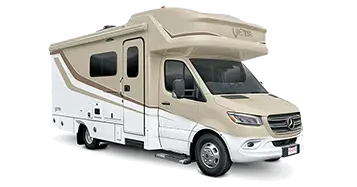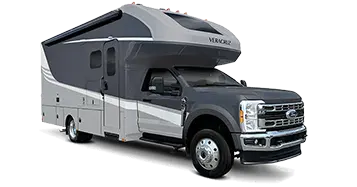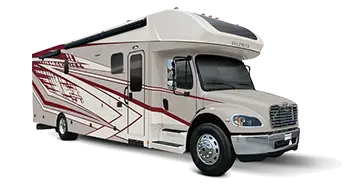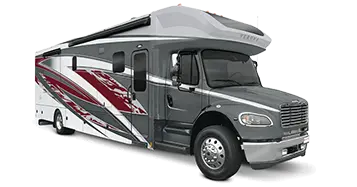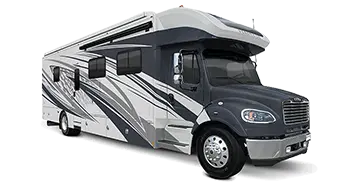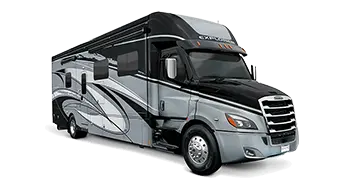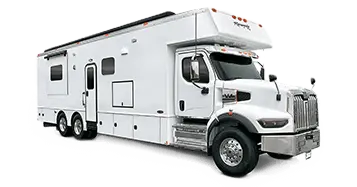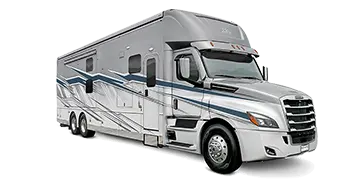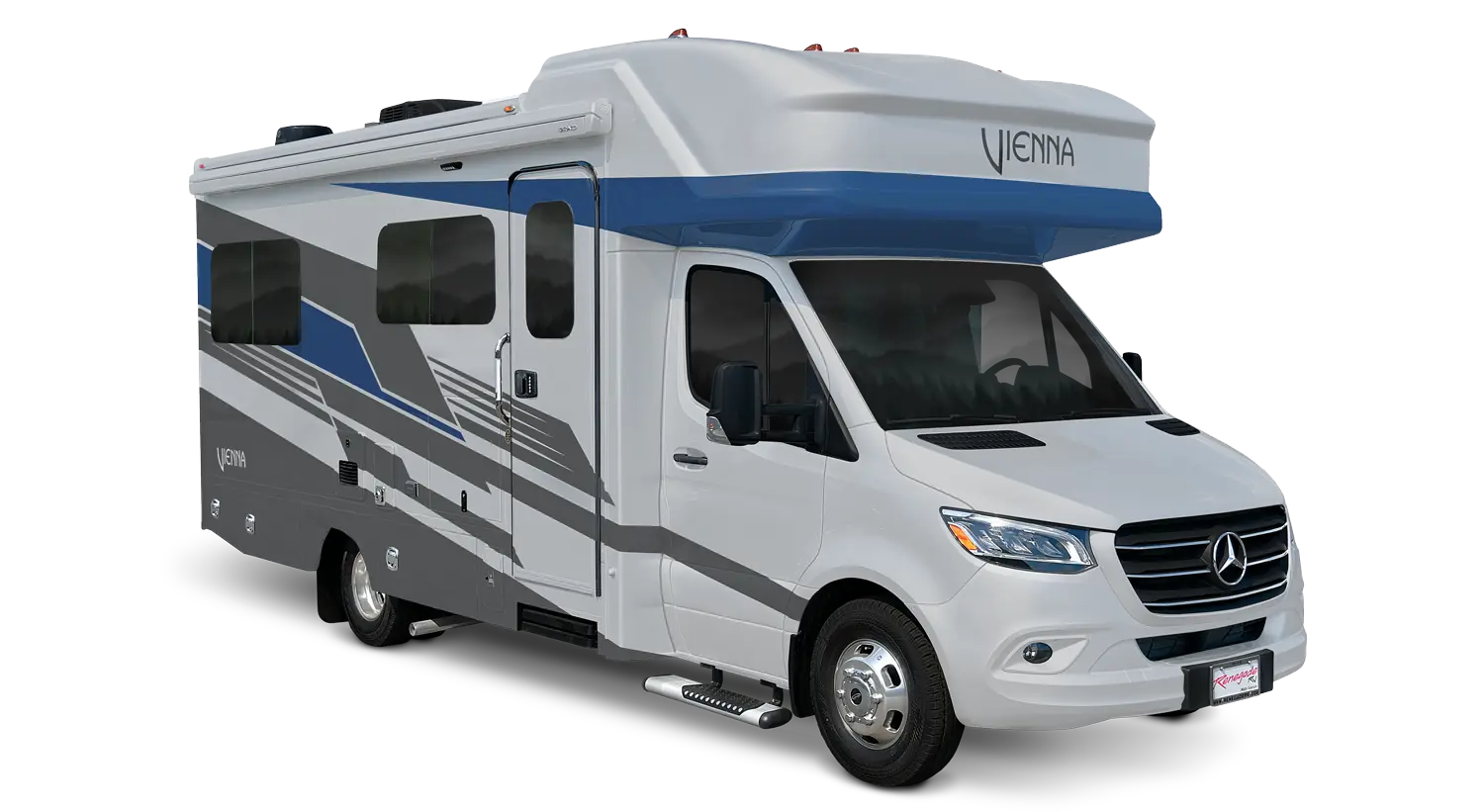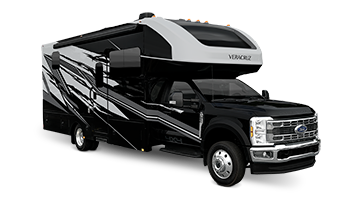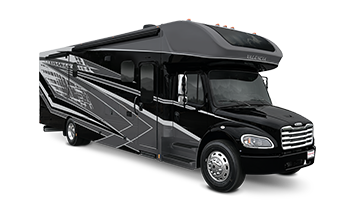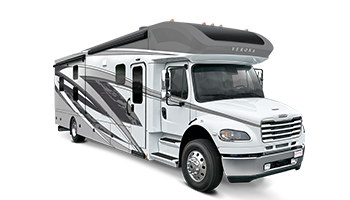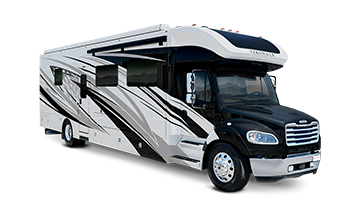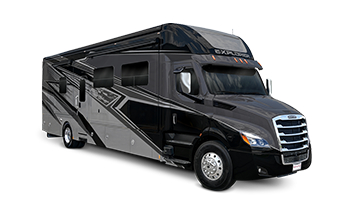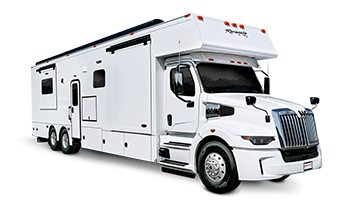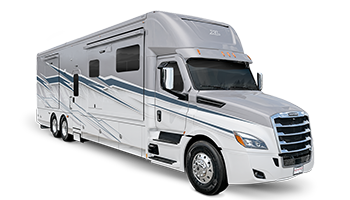CALIFORNIA ASSEMBLY BILL 1305 DISCLOSURE
This document is intended to comply with California Assembly Bill 1305, the California Voluntary Carbon Market Disclosure Act. REV Group, Inc.’s subsidiaries are market leaders in their respective specialty vehicle market segments. REV Group, Inc. and its subsidiaries (“REV” or “the Company”) believe that our products are “Vehicles for Life” and that investing in a more sustainable company and future is part of the Company’s responsibility to its stakeholders. The Company’s websites, sustainability reports and other communications include certain statements regarding reduction in tailpipe greenhouse gas emissions from the Company’s products, and statements regarding reductions in the energy used in the Company’s operations. These disclosures are intended to illustrate the support underlying such statements.
The Company is actively seeking ways to operate more efficiently, and to engineer and introduce alternative fuel vehicles and technologies that reduce fossil fuel usage and greenhouse gas emissions from internal combustion engines.
The Company offers the following products, all of which eliminate or reduce the tailpipe greenhouse gas emissions that would otherwise result from a conventional vehicle:
Idle Mitigation Systems:
Idle mitigation technology uses a battery system to power certain features of the vehicle without running the internal combustion engine while idling. In the example of an ambulance, the idle mitigation system would supply power to the heat/air conditioning in the vehicle, and the electronic devices used to treat the patient, without drawing power from the internal combustion engine. The internal combustion engine ceases operation while the idle mitigation technology is active, eliminating 100% of the tailpipe greenhouse gas emissions that would otherwise exist during these periods.
Electric/Hydrogen Fuel Cell Vehicles:
Similarly, the Company offers a variety of alternative fuel vehicles, summarized below.
The first all-electric North American style fire apparatus, the Vector. The Vector is powered by a battery electric system and emits zero tailpipe greenhouse gas emissions while in use.
ElDorado National (California), Inc. (“ENC”), a subsidiary of REV Group, Inc., offers several alternative fuel options, including buses powered by hydrogen fuel cells, and battery propulsion systems. The only tailpipe emission from a hydrogen fuel cell vehicle is water. These vehicles emit zero tailpipe greenhouse gas when in use. The battery electric buses have no internal combustion engine and result in zero tailpipe greenhouse gas emissions when in use.
Capacity of Texas, Inc., a REV Group, Inc. subsidiary offers yard trucks and terminal tractors powered either by electric batteries or hydrogen fuel cells. Like the ENC buses referenced above, the only tailpipe byproduct of the hydrogen fuel cell vehicles is water, and the battery electric vehicles emit zero tailpipe greenhouse gas.
Collins Bus Corp., a REV Group, Inc. subsidiary, offers all-electric school buses, which emit zero tailpipe greenhouse gas when in use.
Recreational Vehicle Solar/Battery Systems:
The Company’s recreational vehicle brands, including Renegade RV, American Coach®, Fleetwood RV® and Lance Camper® offer dealers and end-user customers the option to install solar panels and battery storage systems. These solar/battery systems can be used to power certain features of the vehicles without running the internal combustion engine on the vehicle chassis, or an internal combustion generator. These solar/battery systems emit zero tailpipe greenhouse gases when in use.
As noted in our FY 2023 Sustainability Report, the Company measured and reduced year-over-year energy usage at its facilities. These reductions were calculated by comparing the amount of energy used in the applicable years.
Additionally, the Company consulted the Greenhouse Gas Protocol Technical Guidance for Calculating Scope 3 Emissions to guide data collection and calculations for the initial seven (7) Scope 3 categories, including:
Category 3: Fuel- and energy-related activities (not Scope 1 or Scope 2)
Category 5: Waste generated in operations
Category 6: Business travel
Category 7: Employee commuting
Category 9: Downstream transportation and distribution
Category 11: Use of sold products (life of product)
Category 12: End-of-life treatment of sold products

